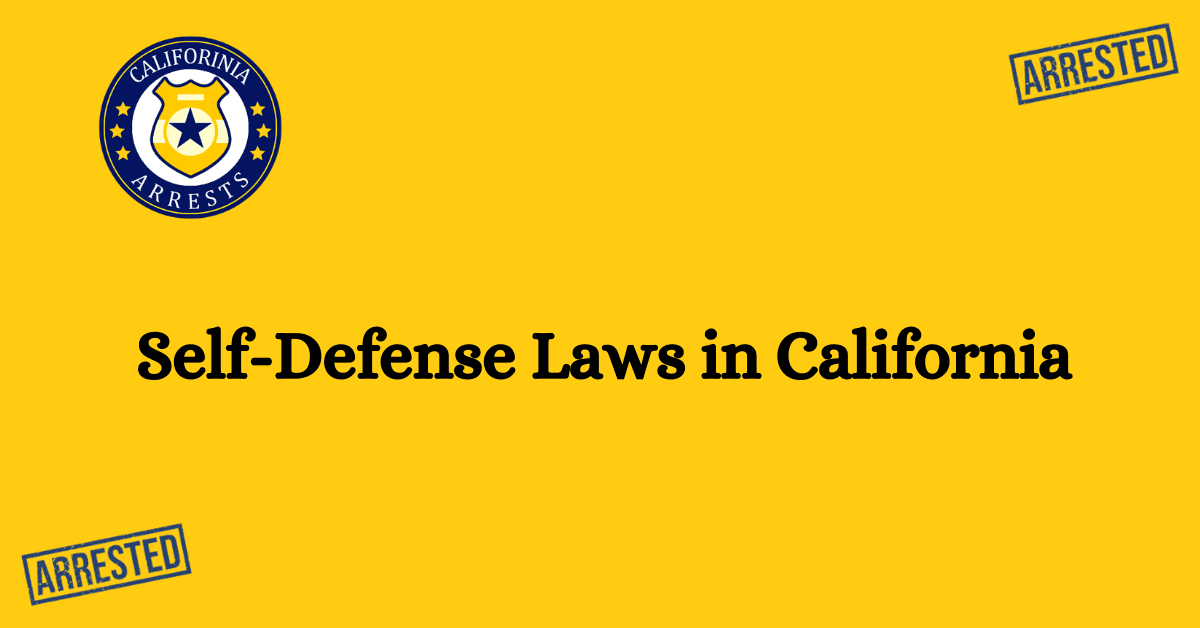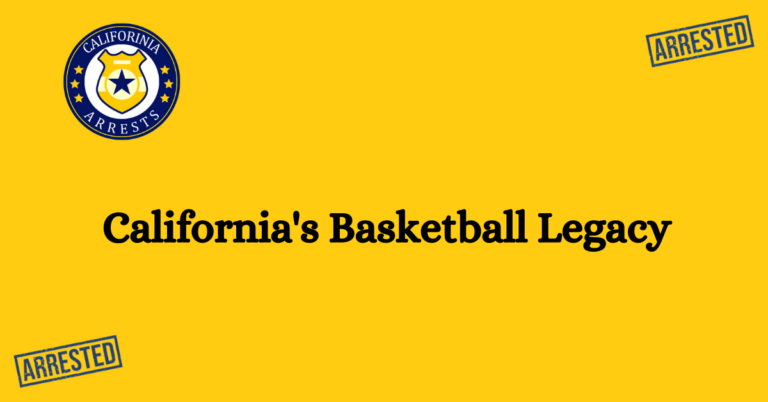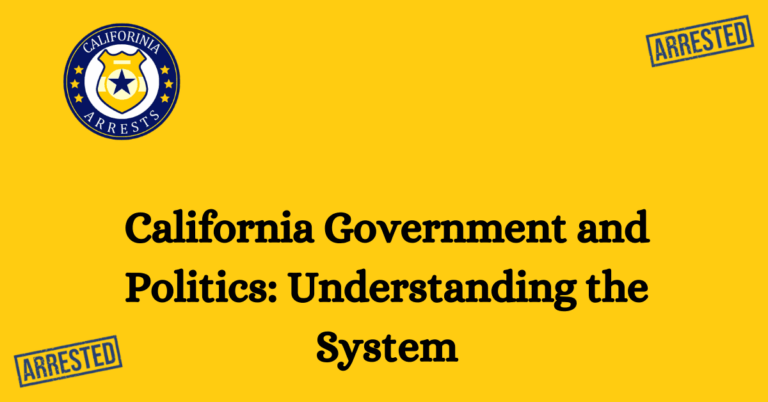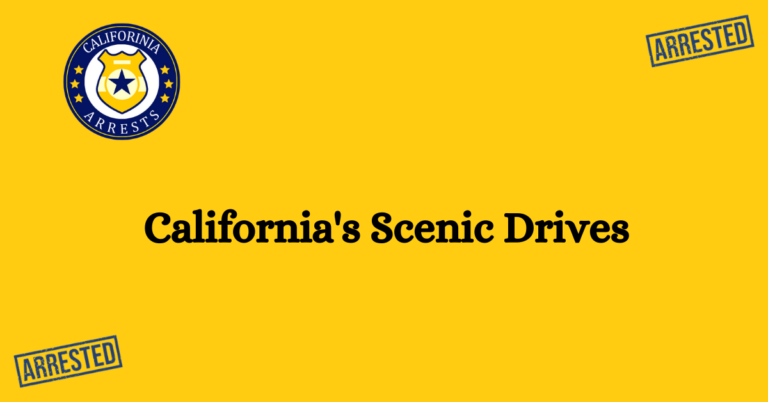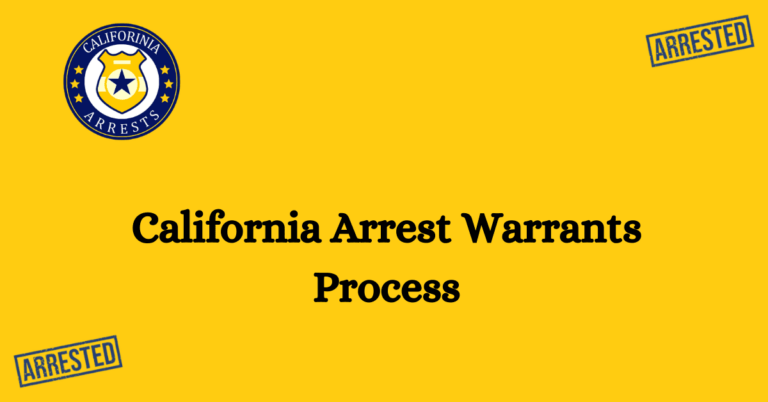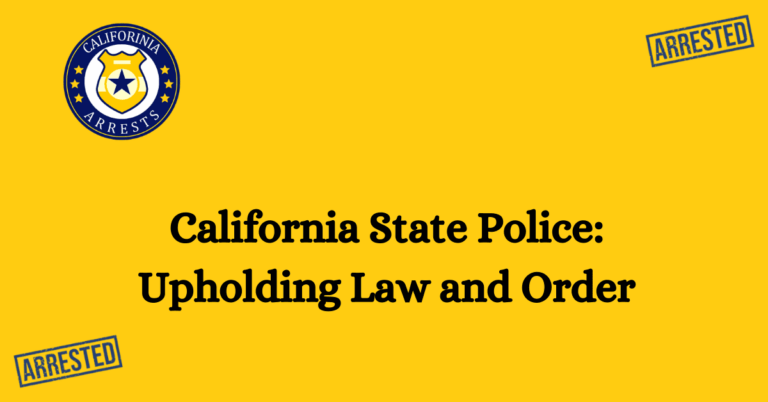Self Defense Laws in California
California, known for its beautiful beaches and vibrant cities, is also home to a complex and ever-evolving legal system. One aspect of this legal system that has garnered significant attention is its self-defense laws. Understanding these laws is crucial for every Californian, as they can have a profound impact on their personal safety and legal rights.
In California, self-defense is a legal concept that allows individuals to protect themselves or others from harm. The state follows a set of guidelines that determine when the use of force is considered justified. These guidelines take into account factors such as the level of threat faced, the imminent danger, and the necessity of the force used.
By delving into the intricacies of self-defense laws in California, we aim to provide you with valuable insights and practical knowledge. Whether you are a resident of the Golden State or simply curious about the legal landscape, this guide will equip you with the information you need to navigate the complexities of self-defense laws in California.
Understanding the Justification for Self Defense
When it comes to self-defense in California, it is crucial to understand the concept of justification. The state follows a set of guidelines that determine when the use of force is considered justified. These guidelines take into account various factors such as the level of threat faced, the imminent danger, and the necessity of the force used.
It is important to note that California law recognizes the right of individuals to protect themselves or others from harm. However, this right is not absolute and must be exercised within certain boundaries. Understanding these boundaries is essential to ensure that your actions are legally justified.
Levels of Threat Faced
One key factor that determines whether the use of force is justified is the level of threat faced. California law recognizes that individuals have the right to use force when they believe it is necessary to defend themselves or others against an imminent threat of harm. However, the level of force used must be proportionate to the threat faced.
For example, if someone is verbally threatening you, using deadly force would not be considered justified. On the other hand, if someone is physically attacking you with a weapon, using force to defend yourself would likely be considered justified.
Imminent Danger
Another important consideration in determining the justification for self-defense is the presence of imminent danger. California law allows individuals to use force if they reasonably believe there is an immediate threat of harm. This means that you do not have to wait until you are actually being attacked to defend yourself.
However, it is important to assess the situation carefully and determine whether the threat is truly imminent. If the threat has subsided or there is no longer an immediate danger, the use of force may no longer be considered justified.
Necessity of the Force Used
The necessity of the force used is also a crucial factor in determining the justification for self-defense. California law requires individuals to use no more force than is reasonably necessary to protect themselves or others from harm.
This means that if there are alternative options available to de-escalate the situation or protect yourself without using force, you should explore those options first. The use of excessive force, even in self-defense, may not be considered legally justified.
Equipping Yourself with Knowledge
Understanding the intricacies of self-defense laws in California is essential for every resident of the Golden State. By equipping yourself with knowledge about the guidelines for justification and the boundaries of self-defense, you can navigate the complexities of the legal landscape confidently.
Whether you are interested in protecting yourself, your loved ones, or simply curious about the legal system, this guide aims to provide you with valuable insights and practical knowledge. By delving into the details of self-defense laws in California, we hope to empower you to make informed decisions and safeguard your personal safety and legal rights.
FAQs
What are the self-defense laws in California?
California self-defense laws allow individuals to use reasonable force to protect themselves or others from imminent harm. The law recognizes the right to defend oneself in certain situations, including when facing a threat of violence or a reasonable belief of immediate danger.
Can I use deadly force to defend myself?
Under California law, the use of deadly force is justifiable in self-defense if there is a reasonable belief of facing imminent danger of death or great bodily injury. However, it is crucial to understand that the use of deadly force should always be a last resort.
Do I have a duty to retreat before using self-defense?
In California, individuals are not required to retreat before using force to defend themselves. The law allows individuals to stand their ground and use reasonable force to protect themselves or others, even if they could have safely retreated from the situation.
What factors are considered when determining if self-defense is justified?
When determining whether self-defense is justified, California law considers several factors, including the nature of the threat, the level of force used, and whether the person acted reasonably under the circumstances. Each case is evaluated on its own merits.
What if I use excessive force in self-defense?
If you use excessive force beyond what is considered reasonable in self-defense, you may face criminal charges. It is important to use only the amount of force necessary to protect yourself or others and to stop using force once the threat has been neutralized.
Should I consult an attorney if I have to use self-defense?
It is highly recommended to consult with an experienced attorney if you have to use self-defense. An attorney can provide guidance based on the specific circumstances of your case and help ensure that your rights are protected throughout the legal process.

